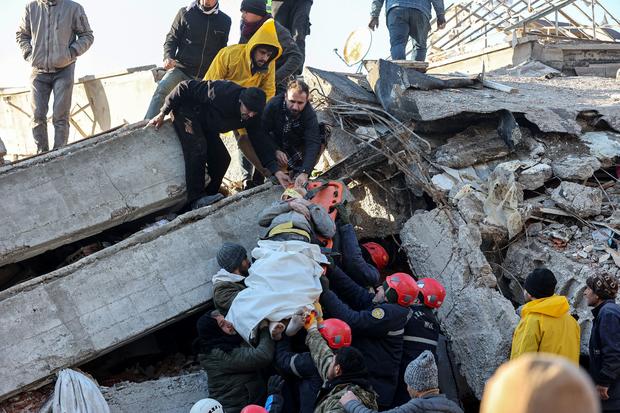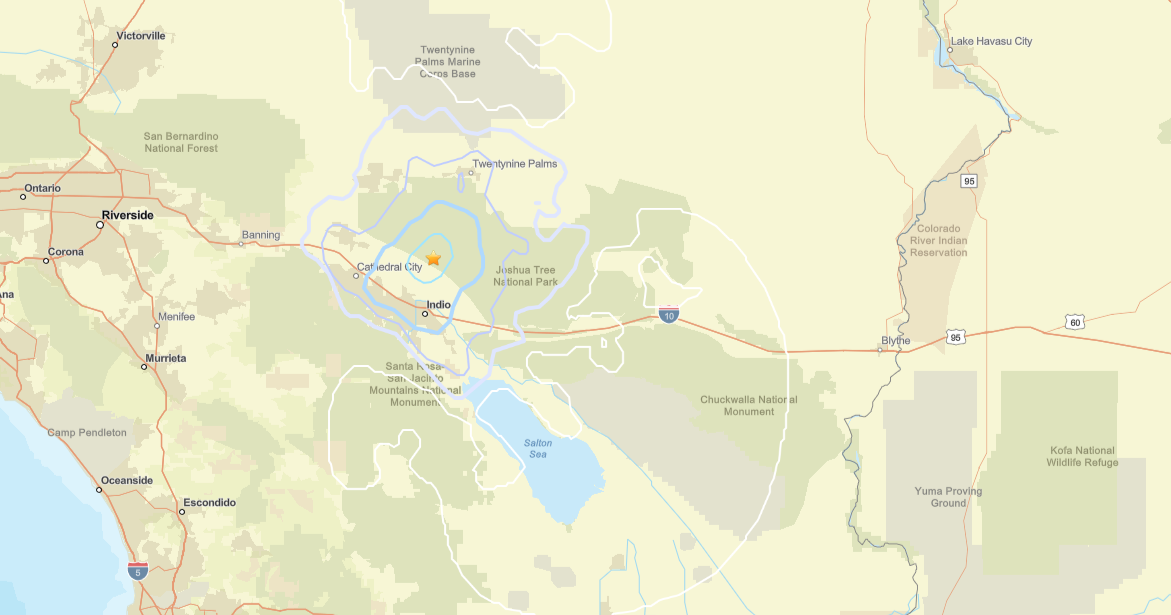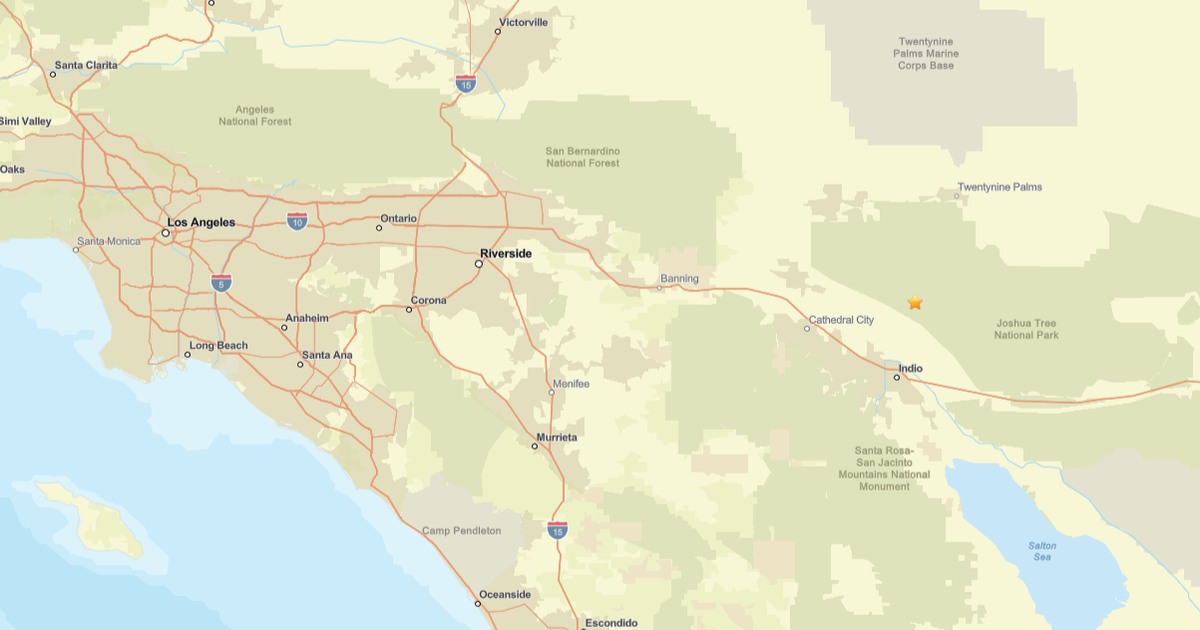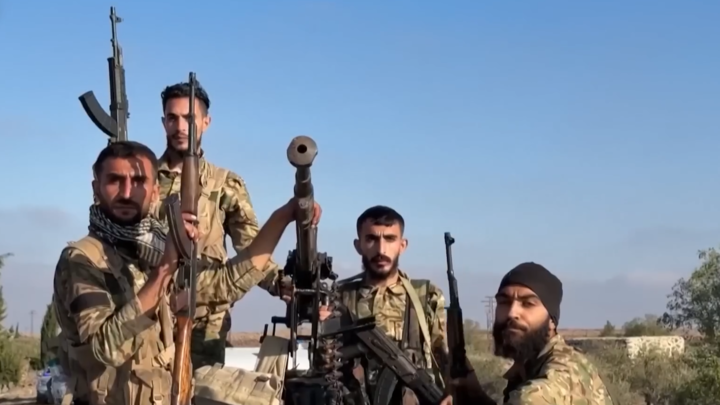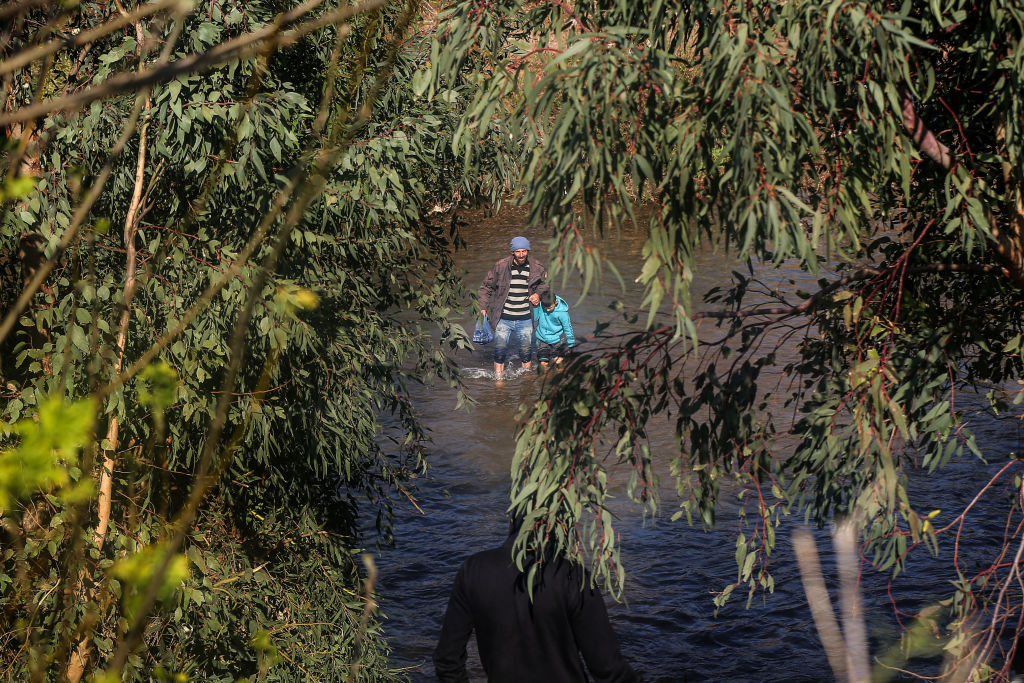For many earthquake victims in Turkey and Syria, help is arriving, but not fast enough
Search teams and relief supplies started pouring in Tuesday from dozens of nations, including the United States, but people in some of the areas of Turkey and Syria hit hardest by Monday's devastating earthquakes said they felt they had been left to fend for themselves.
"I can't get my brother back from the ruins. I can't get my nephew back. Look around here. There is no state official here, for God's sake," said Ali Sagiroglu in the Turkish city of Kahramanmaras. "For two days we haven't seen the state around here... Children are freezing from the cold."
A winter storm was compounding the misery by rendering many roads — some of them damaged by the quake — almost impassable, resulting in traffic jams that stretched for miles in some regions.
The cold rain and snow were a risk both for people forced from their homes — who took refuge in mosques, schools or even bus shelters — and survivors buried under debris.
"It is now a race against time," said World Health Organization chief Tedros Adhanom Ghebreyesus. "We have activated the WHO network of emergency medical teams to provide essential health care for the injured and most vulnerable," he added.
"My whole family is under there - my sons, my daughter, my son-in-law... There's no one else to get them out," said Ali Battal, in his 60s, his face streaked with blood and head swathed in a wool shawl against the bitter cold. "I hear their voices. I know they're alive but there's no one to rescue them."
The latest toll showed 5,434 people killed in Turkey and at least 1,872 in Syria, for a combined total of 7,306 fatalities, but there are fears the toll will rise inexorably, with WHO officials estimating up to 20,000 may have died.
WHO warned that up to 23 million people could be affected by the massive earthquake and urged nations to rush help to the disaster zone.
The Syrian Red Crescent appealed to Western countries to lift sanctions and provide aid as President Bashar al-Assad's government remains a pariah in the West, complicating international relief efforts.
Washington and the European Commission said on Monday that humanitarian programs supported by them were responding to the destruction in Syria.
Even before the tragedy, buildings in Aleppo — Syria's pre-war commercial hub — often collapsed due to the dilapidated infrastructure.
